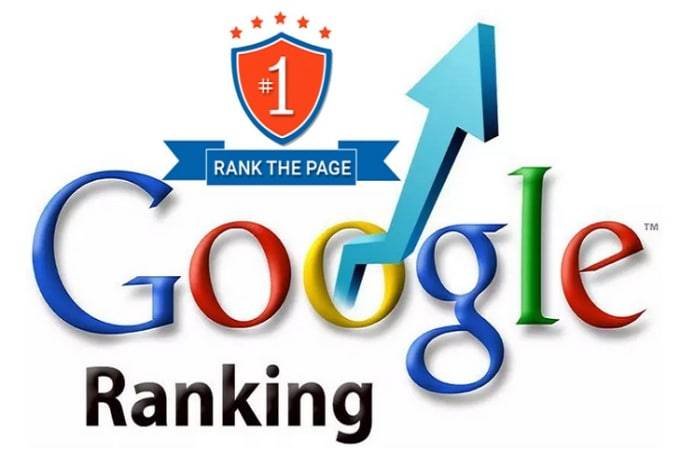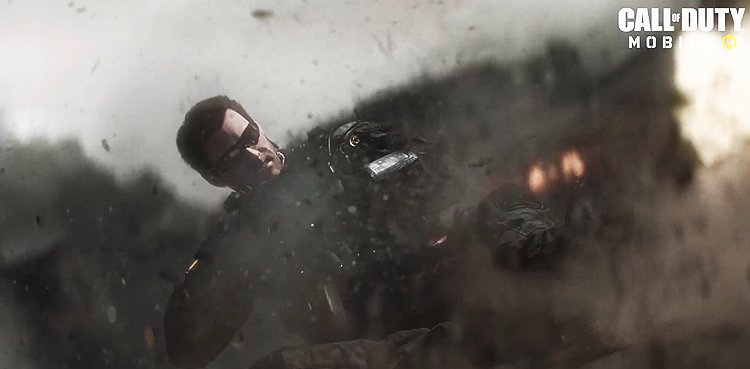Britain’s ground satellite launch ends in failure.
Virgin Orbit initially said on Twitter that the launcher had reached Earth’s orbit, a tweet it later deleted.
Matt Archer, commercial space director at the UK Space Agency, said investigations by the government and various agencies, including Virgin Orbit, would take place in the coming days.
Virgin Orbit ( VORB.O ), part-owned by British billionaire Richard Branson, had planned to deploy nine small satellites into low Earth orbit (LEO) in its first mission outside a United States base.
The mission was hailed as a historic first for Cornwall, the UK and Europe, and thousands of spectators watching from the runway cheered as “Cosmic Girl” took off and were told that the rocket has been appointed.
After the announcement of failure, the crowd quickly and quietly dispersed.
Mission failure.
The mission failure would be the second in Virgin Orbit’s history since the first launch in 2020. The company has had four successful missions.
Archer, of the UK Space Agency, said the rocket went into space after burning in the first stage, but the second stage “had a technical problem and did not reach the intended orbit”.
A graphic display on the official video feed showed the mission at second-engine cutoff, three steps short of payload deployment about two hours after takeoff.
The war in Ukraine has highlighted the strategic importance for military purposes of small satellites, such as the Nuquay-launched satellites, which can go into low orbit at much less notice than larger satellites.
It was not immediately clear how the failure, which remains under investigation, would affect the timing or location of future missions. Virgin Orbit chief executive Dan Hart told reporters on Sunday that the company hopes to return to Newquay before the end of 2023.
Britain says it is the largest non-US manufacturer of satellites, employs 47,000 people in its space industry, and has pushed for the development of several potential micro-launch sites, including two vertical launch pads in Scotland.
Britain’s space agency called the Cornish mission a moment of national pride for Britain’s growing space industry, while Britain’s Science Secretary George Freeman told Reuters at the spaceport that it was a “historic moment”.
“A lot has been achieved and yet this milestone is clearly disappointing,” Archer said. “But we’ll keep pushing and we’ll get there in the end.”


